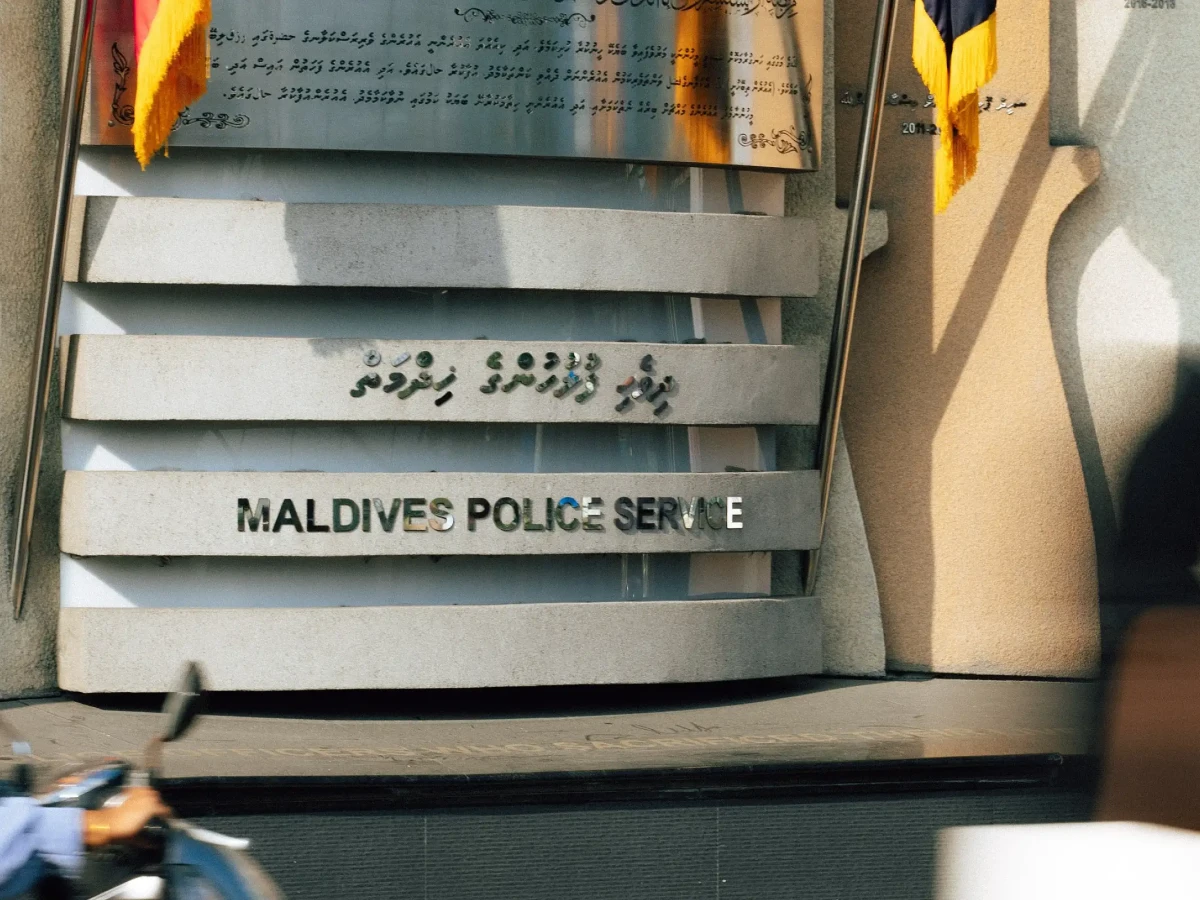
Police decline to disclose number of electronic tags
Many individuals placed under monitored release are being investigated for serious offences, including murder, sexual offences, and terrorism.
Top Stories
The Maldives Police Service has declined to disclose the number of electronic monitoring devices currently in use to track individuals placed under house arrest or island arrest.
Some individuals detained pending trial have been released with electronic tags as an alternative to prolonged custody. The decision to release such individuals is made based on assessments by the police, which determine the level of risk they may pose to public safety and security.
In a request submitted under the Access to Information Act, Dhauru sought the following details from the government:
-
The total number of electronic tags in police possession used to monitor persons under house arrest or island arrest
-
The number of devices that can be monitored simultaneously by the police systems
In response, the police stated that the requested information could not be disclosed, citing concerns that public release would undermine efforts to prevent unlawful activities. The police referred to Sections 27(a)(3), 27(a)(6), and 28(a) of the Act, which allow enforcement agencies to withhold certain types of information.
Section 27 of the Act outlines exemptions for enforcement agencies, including:
-
Information required to remain confidential for the implementation or enforcement of laws
-
Information that may compromise efforts to prevent, detect, or investigate illegal acts
Section 28 allows authorities to withhold information if its release would result in significant harm, such as obstructing justice.
However, the Act also specifies instances where enforcement agencies cannot withhold information, such as:
-
Evidence showing that an investigation has exceeded legal limits
-
General procedures followed by agencies in addressing illegal activities
-
Effectiveness of preventive programmes
-
Information typically communicated to individuals under investigation
Many individuals placed under monitored release are being investigated for serious offences, including murder, sexual offences, and terrorism.
Experts suggest that delays in concluding criminal trials have contributed to the prolonged use of pre-trial detention. They emphasise the need to improve court capacity and implement measures that would allow for the timely resolution of cases.
Pre-trial detention is a standard legal mechanism used globally to ensure individuals facing serious charges are brought to justice while minimising risks such as flight, interference with evidence, or threats to public safety.




